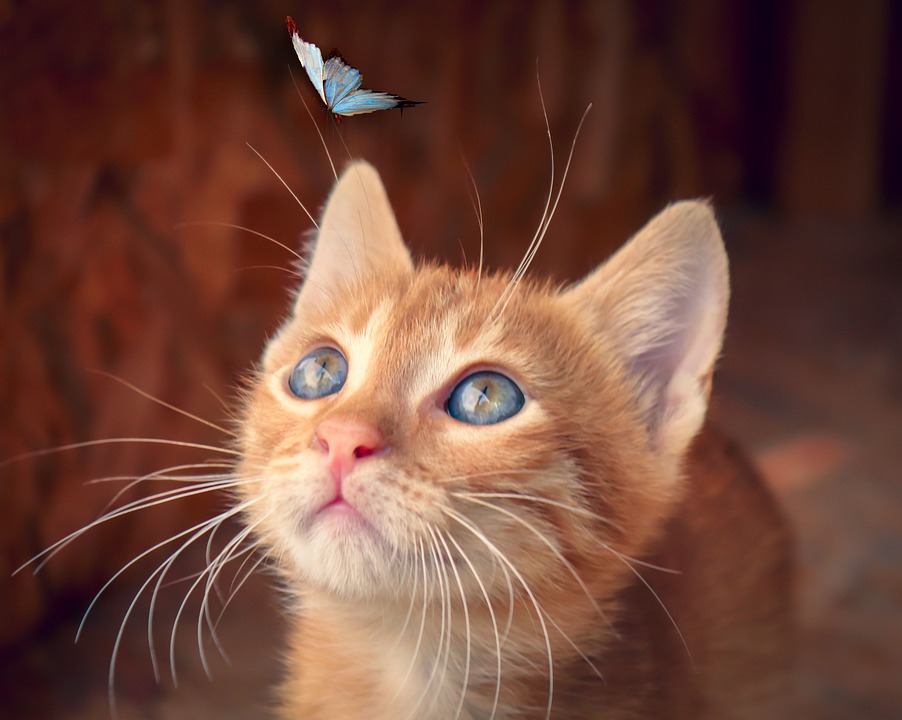Title: Understanding Cat Litter Box Preferences: What Your Cat Might Be Trying to Tell You
Introduction:
Cats are known for their unique preferences, and this extends to their litter box habits. As a responsible cat owner, it’s essential to understand what your feline friend might be trying to communicate through their litter box preferences. By decoding these signals, you can ensure your cat’s well-being and maintain a healthy environment for both you and your furry companion. In this article, we will explore various factors that influence your cat’s litter box preferences and offer insights into what they might be trying to tell you.
I. Types of Litter Box Preferences:
1. Litter Substrate Preference:
– Clumping vs. non-clumping litter
– Scented vs. unscented litter
– Fine-grain vs. coarse-grain litter
2. Litter Box Placement Preference:
– Privacy vs. openness
– Accessibility and convenience
– Avoiding high-traffic areas
3. Litter Box Cleanliness Preference:
– Frequency of cleaning
– Type of litter box liners
– Odor control and freshness
II. Decoding Your Cat’s Messages:
1. Frequent Litter Box Usage:
– Possible health issues
– Urinary tract infections
– Diabetes or kidney problems
2. Avoiding the Litter Box:
– Litter box aversion
– Stress or anxiety triggers
– Medical conditions causing discomfort
3. Changes in Litter Box Habits:
– Sudden changes in preferences
– Environmental factors
– Behavioral issues
FAQs (Frequently Asked Questions):
Q1: Why does my cat prefer clumping litter over non-clumping litter?
A1: Cats generally prefer clumping litter because it forms solid clumps, allowing them to bury their waste easily. Non-clumping litter can be messier and less efficient in odor control.
Q2: Should I use scented or unscented litter for my cat?
A2: While scented litter may seem more appealing to humans, cats are sensitive to strong odors. Unscented litter is often recommended to avoid overwhelming your cat’s sensitive sense of smell.
Q3: My cat avoids the litter box, what could be the reason?
A3: Litter box aversion can be caused by several factors, including dirty litter, an unpleasant previous experience, or medical issues such as urinary tract infections or bladder stones. Consult a veterinarian to rule out any health concerns.
Q4: How often should I clean the litter box?
A4: Cats prefer clean litter boxes, and it is recommended to scoop waste daily and completely change the litter at least once a week. Regular cleaning helps prevent litter box aversion and ensures a hygienic environment.
Q5: Can stress or anxiety affect my cat’s litter box habits?
A5: Yes, stress or anxiety can lead to changes in litter box behavior. Cats are creatures of habit, and disruptions in their environment, such as moving to a new home or introducing new pets, can cause them to avoid the litter box. Addressing the underlying stressor can help resolve the issue.
Conclusion:
Understanding your cat’s litter box preferences is crucial for their overall well-being. By paying attention to their messages and providing a litter box environment that meets their needs and preferences, you can maintain a happy and healthy relationship with your feline companion. Remember, if you notice any significant changes in your cat’s litter box habits, it’s always best to consult with a veterinarian to rule out any potential health issues.








